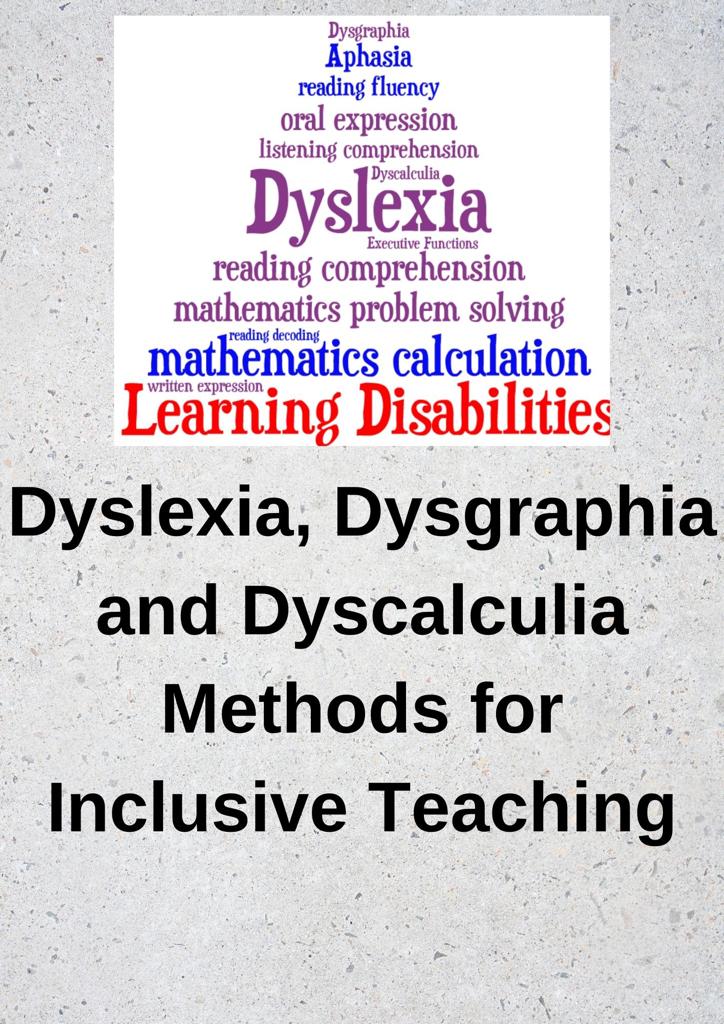|
Course Description |
Nowadays, one of the most outstanding problems in education, especially secondary and post-compulsory education, is early school leaving, also known as school dropout. With this course, we will try to approach and understand the reasons that lead to students’ early school leaving. But we should not accept this situation as something that is becoming normal. When it comes to tackling the problem of early school dropout, multiple factors must play a relevant role, not only on the part of teachers and families but also institutions and society in general.
With this course, we will have more than just an overview of this problem, which is only one side of the coin. Measures to prevent school dropout, initiatives to motivate students and ideas to promote compatibility between education and employment will be suggested, which is the other side of the coin if we want to toss it. This course is addressed to all those professionals of the teaching environment who want to get a deeper knowledge about the phenomenon of early school leaving. |
|
|
Methodologies of The Course |
The course methodology will present the participants various aspects on the current issue of early school leaving as a threat to the essential formation of students as individuals and also as an important part of a future society in an ever-changing world.
In this sense, the participants’ experiences, some European statistics, our fears and our hopes and desires will play an important role through debates and multidirectional oral exchanges. The methodological approach of this course will also include ice-breaking activities, group discussions, oral presentations and a final set of conclusions. |
|
|
Pedagogical Approach |
An effective pedagogical approach to tackle the problem of early school leaving should be based on prevention, motivation, intervention, and compensation.
|
|
|
Teaching Methods |
|
|
|
Learning Outcomes |
|
|
|
Objectives |
|
|
| Language | English | |
| Duration | 5 Days | |
| Type of Certification Awarded |
|
Schedule of the activities
|
Online Meeting Program |
Course content |
| Day 1 |
|
| Day 2 |
|
| Day 3 |
|
| Day 4 |
|
| Day 5 |
|
| Online Meeting Program | Evaluation |
| Course Fee | The course fee is 80 Euros per participant per day.
This fee does not cover some expenses like accommodation or travel etc. Costs covering enrolment fees for staff mobility format ‘Courses and training’. ( Source: Erasmus+ Program Guide) |
You can also make requests for different dates and locations when filling out the pre-registration form, aside from the planned program.
|
PLANNED |
İstanbul, Türkiye
1. May 13-17, 2024 2. July 08-12, 2024 3. September 02-06, 2024 4. November 04-08, 2024
Antalya, Türkiye 1. June 03-07, 2024 2. August 05-09, 2024 3. October 07-11, 2024 4. December 02-06, 2024
Rome, Italy 1. June 10-14, 2024 2. August 12-16, 2024 3. October 14-18, 2024 4. December 09-13, 2024
Barcelona, Spain 1. June 17-21, 2024 2. August 19-23, 2024 3. October 21-25, 2024 4. December 16-20, 2024
Paris, France 1. June 24-28, 2024 2. August 26-30, 2024 3. October 28-November 01, 2024 4. December 23-27, 2024
Prague, Czech Republic 1. July 01-05, 2024 2. September 09-13, 2024 3. November 11-15, 2024 4. January 06-10, 2025
Thessaloniki, Greece 1. July 08-12, 2024 2. September 16-20, 2024 3. November 18-22, 2024 4. January 20-24, 2025
Lisbon, Portugal 1. July 15-19, 2024 2. September 23-27, 2024 3. November 25-29, 2024 4. January 27-31, 2025
|





















